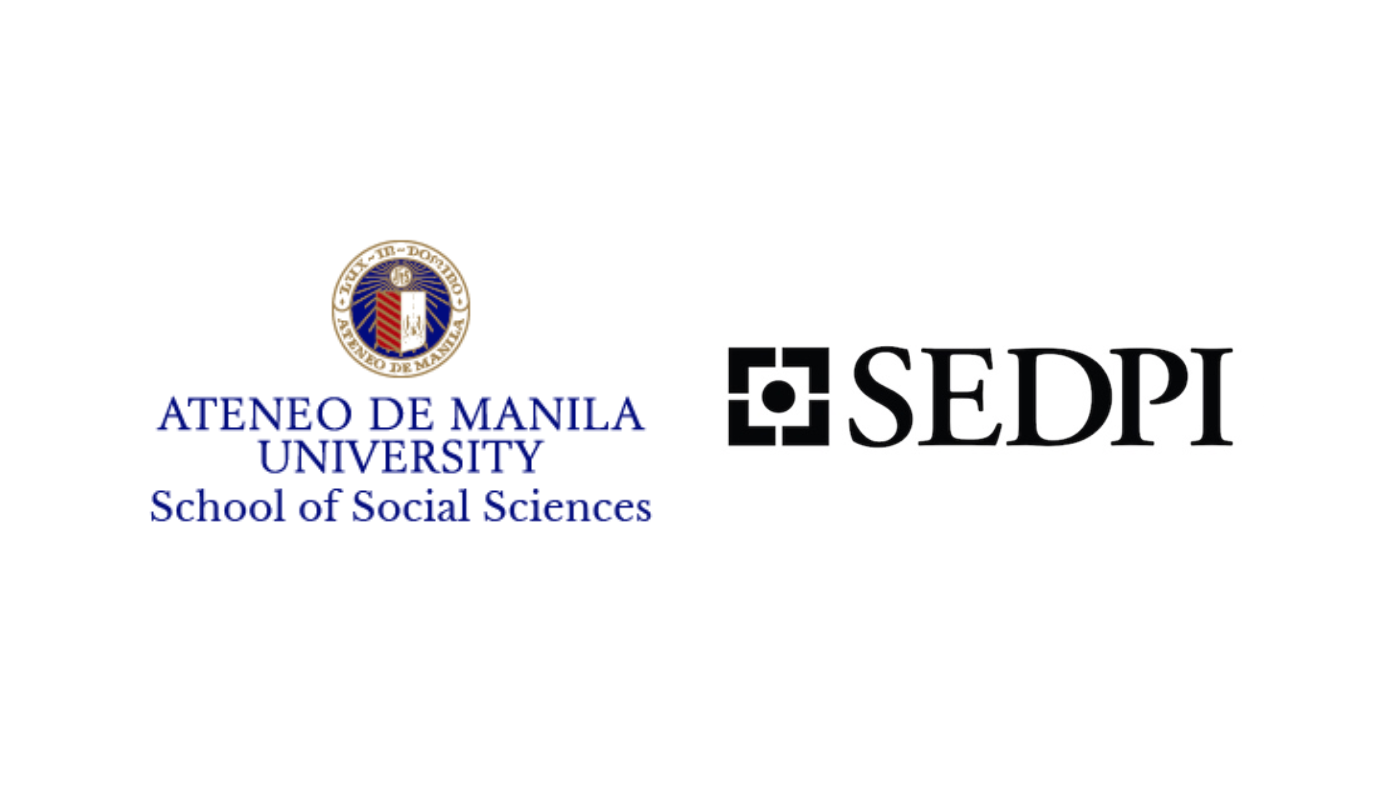Tag: covid
-

Position Paper on Section 3.01 of the IRR of RA 11469 Section 4 (aa)
The COVID-19 pandemic continues to pose serious threats to health and has already disrupted the economy. This prompted the government to enact Republic Act No. 11469 otherwise known as the “Bayanihan to Heal As One Act,” declaring a state of national emergency in order respond to the urgent needs of the people. It is in…